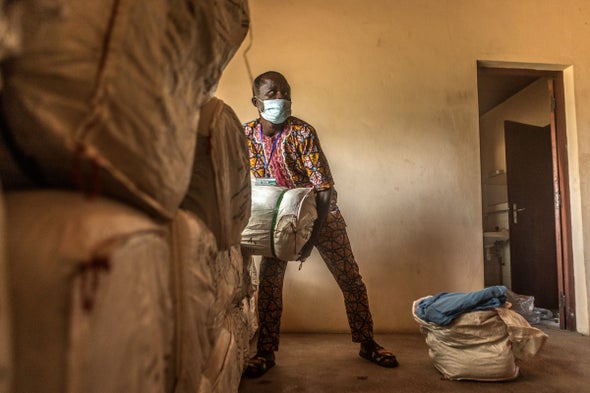Here’s how we fight back

Ever since the deadly parasite responsible for malaria was discovered in the late 19th century, science and global health experts have been waging a vigorous Sisyphean battle against the disease it causes. Humans have brought an arsenal of tools—nets, rapid tests, medication—to bear against the mosquito-borne parasite, which cannily mutates to become resistant to drug treatments. We’re holding our own: Global malaria deaths declined to 409,000 in 2019, compared to 585,000 in 2010, and a number of countries have eliminated it altogether or are on the verge of doing so.
However, more than 90 percent of the deaths occur in Africa, and there is a threat that could set progress back again. Researchers in Rwanda identified a strain of the malaria parasite P. falciparum with mutations on a gene known as K13 that enable resistance to artemisinin, the foundation of artemisinin-based combination therapies (ACTs), the most commonly used malaria treatments. While ACTs still work, a weakened treatment regimen could lead to more deaths on the continent, an increased spread of resistance itself, and loss of confidence in malaria treatment.

Comments
Post a Comment